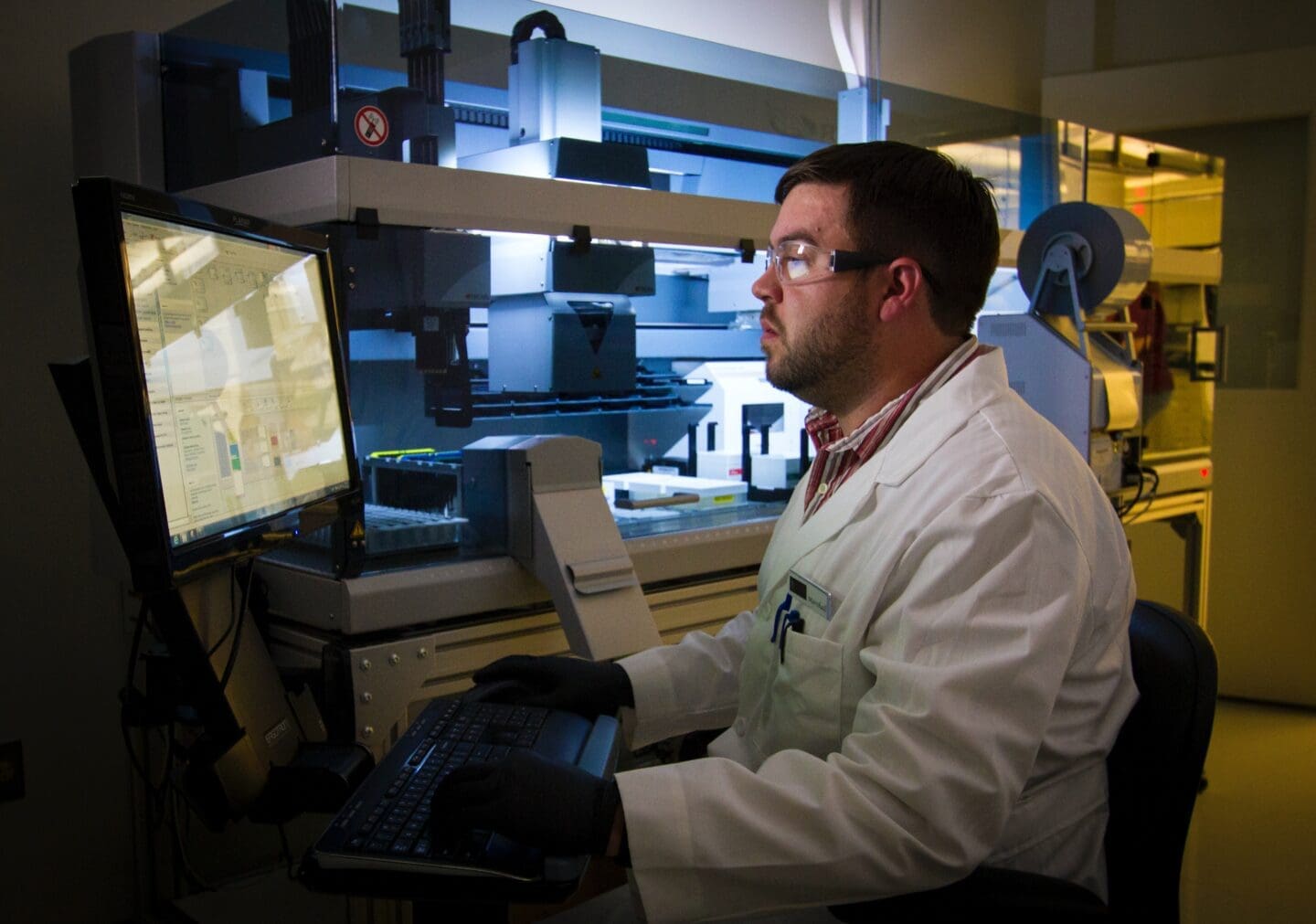Our report lays out a new plan for the urgent amplification of national genomic surveillance efforts and outlines a six-part strategy to enable rapid detection and control of emerging SARS-CoV-2 variants. The threat of new and existing dangerous variants requires urgent action. Together, our report and accompanying implementation framework provide a blueprint for mobilizing an array of resources, stakeholders, and strategies to reduce the spread of these concerning variants in the short-term, and control future pandemics in the long-term.
One secret weapon has helped beat every disease outbreak over the last century. It is not masks or social distancing, lockdowns, or even vaccines. It is data. Data tells us which masks work, how far to socially distance, whether lockdowns are necessary or even working, and who is immune. Data is what moves us from a panic-driven response to a science-driven one, telling us how to fight back and which tools are best.
The data-deficient response to Covid-19 is why this pandemic has been so costly on so many levels. Right now, the United States and most of the rest of the world are in no better position to stop a variant from going global than they were before the pandemic started. Currently, only a handful of countries have analyzed more than 5 percent of their Covid-19 cases. In the United States, most localities are sequencing less than 1 percent of cumulative cases. What little genomic data we are collecting, is not being analyzed or shared fast enough to help public health authorities and scientists make informed decisions about relaxing precautions or adapting vaccines and treatments.
This report—based on a recent convening of scientists, lab administrators, public health officials, and entrepreneurs—provides a blueprint for dramatically expanding genomic surveillance in the United States. By amplifying warning signals and sharing information and best practices, the system presented here could save countless lives and billions of dollars by helping to forestall new variant-driven surges. It could be deployed against more routine—but no less devastating—illnesses as well.
This report is also a first step. The Rockefeller Foundation will invest part of a recent $1 billion commitment to incubate a broad, data-driven platform so the world can better anticipate, visualize, and respond to future outbreaks with pinpoint precision. We look forward to working with partners in government, academia, and the private sector in the United States and abroad to develop, analyze, and share the data needed today as well as tomorrow.
